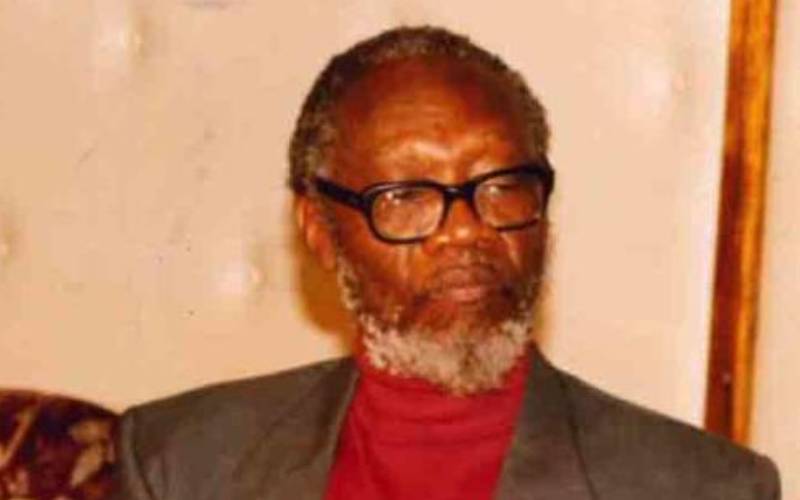×
The Standard e-Paper
Fearless, Trusted News

The Kenya Editors Guild (KEG) has announced an annual Hilary Boniface Ng’weno prize for journalists to honour the veteran journalist’s contribution to media development.
Ng’weno, who died aged 83, was a journalist, author and publisher. Yesterday, KEG said The Ng’weno Prize for Journalism would start this year to fete outstanding journalists. They said Ng’weno led the growth of independent journalism in Kenya.